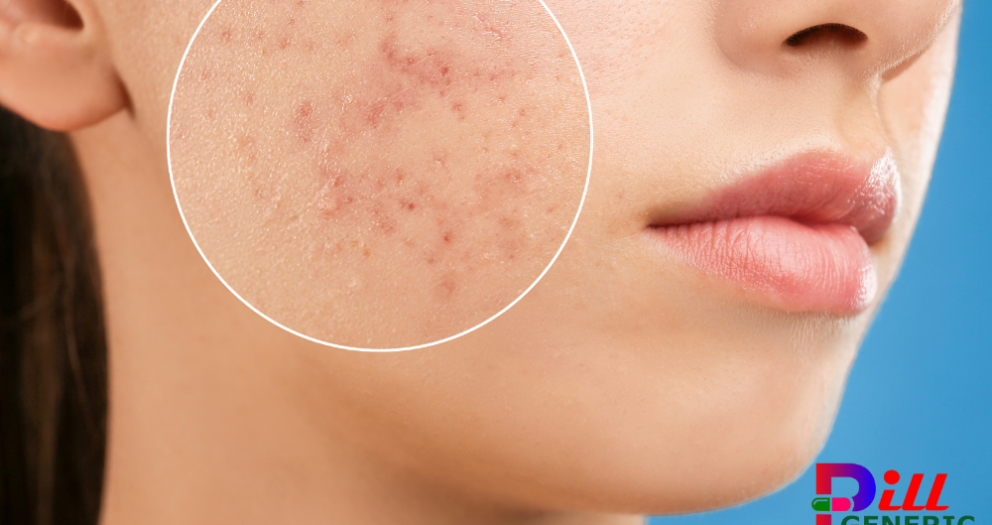Anxiety is a common mental health condition that can cause feelings of worry, fear, and panic. While everyone experiences anxiety from time to time, chronic anxiety can interfere with daily life and lead to other mental health problems. If you struggle with anxiety, there are several strategies you can use to manage your symptoms and improve your quality of life.
-
Understand Your Triggers
One of the first steps in managing anxiety is to understand what triggers your symptoms. Common triggers include stress, certain social situations, and specific phobias. Once you know what triggers your anxiety, you can take steps to avoid or minimize these situations.
-
Practice Relaxation Techniques
Relaxation techniques can help calm the mind and reduce symptoms of anxiety. Techniques such as deep breathing, progressive muscle relaxation, and visualization can help reduce stress and promote feelings of calmness.
-
Exercise Regularly
Regular exercise is an effective way to reduce anxiety symptoms. Exercise helps release endorphins, which are natural mood-boosters. Exercise can also help reduce muscle tension, promote better sleep, and boost self-confidence.
-
Get Enough Sleep
Lack of sleep can make anxiety symptoms worse. Aim to get at least 7-8 hours of sleep per night. Establishing a bedtime routine can help improve sleep quality and promote feelings of relaxation.
-
Practice Mindfulness
Mindfulness involves paying attention to the present moment without judgment. Mindfulness techniques can help reduce anxiety symptoms by promoting feelings of relaxation and calmness. Techniques such as meditation and yoga can help promote mindfulness.
-
Talk to a Professional
If your anxiety symptoms are interfering with daily life, it may be helpful to talk to a mental health professional. A therapist can provide coping strategies and support to help manage anxiety symptoms.
-
Practice Self-Care
Self-care is an important part of managing anxiety. Taking care of your physical and emotional needs can help reduce stress and promote feelings of relaxation. Self-care activities can include taking a warm bath, reading a book, or spending time with loved ones.
In conclusion, anxiety can be a debilitating condition, but it is possible to manage symptoms and improve your quality of life. Strategies such as understanding your triggers, practicing relaxation techniques, exercising regularly, getting enough sleep, practicing mindfulness, talking to a professional, and practicing self-care can help reduce anxiety symptoms and promote feelings of relaxation and calmness. With proper management, it is possible to live a happy and fulfilling life despite living with anxiety.
Pill Generic Heritage
Acid Reducer | Acne | Alcohol and Drug Treatment | Alpha Blocker | Alzheimer’s | Anti Cancer | Anti Coagulants | Anti Emetic | Anti Fungal | Anti Migraine | Anti Viral | Antibiotics | Asthma | Beauty & Skin Care | Bladder Prostate | Diabetes | Erectile Dysfunction | Eye Care | Gastro Health | Hcg Injection | Heart & Blood Pressure | Hepatitis | HIV | Sildenafil | Tadalafil | Vardenafil | Weight Loss | Womens Health





Learn actionable ways to cope with anxiety and enhance your well-being through effective tips and techniques in this guide.
This article is a gem! Managing anxiety is crucial, and these tips seem practical and doable. Can’t wait to implement them in my daily routine.
It’s refreshing to see an article that emphasizes the importance of self-care when it comes to managing anxiety.
Thank you for emphasizing the importance of self-care in managing anxiety. It’s something that’s often overlooked but can make a huge difference in overall well-being.